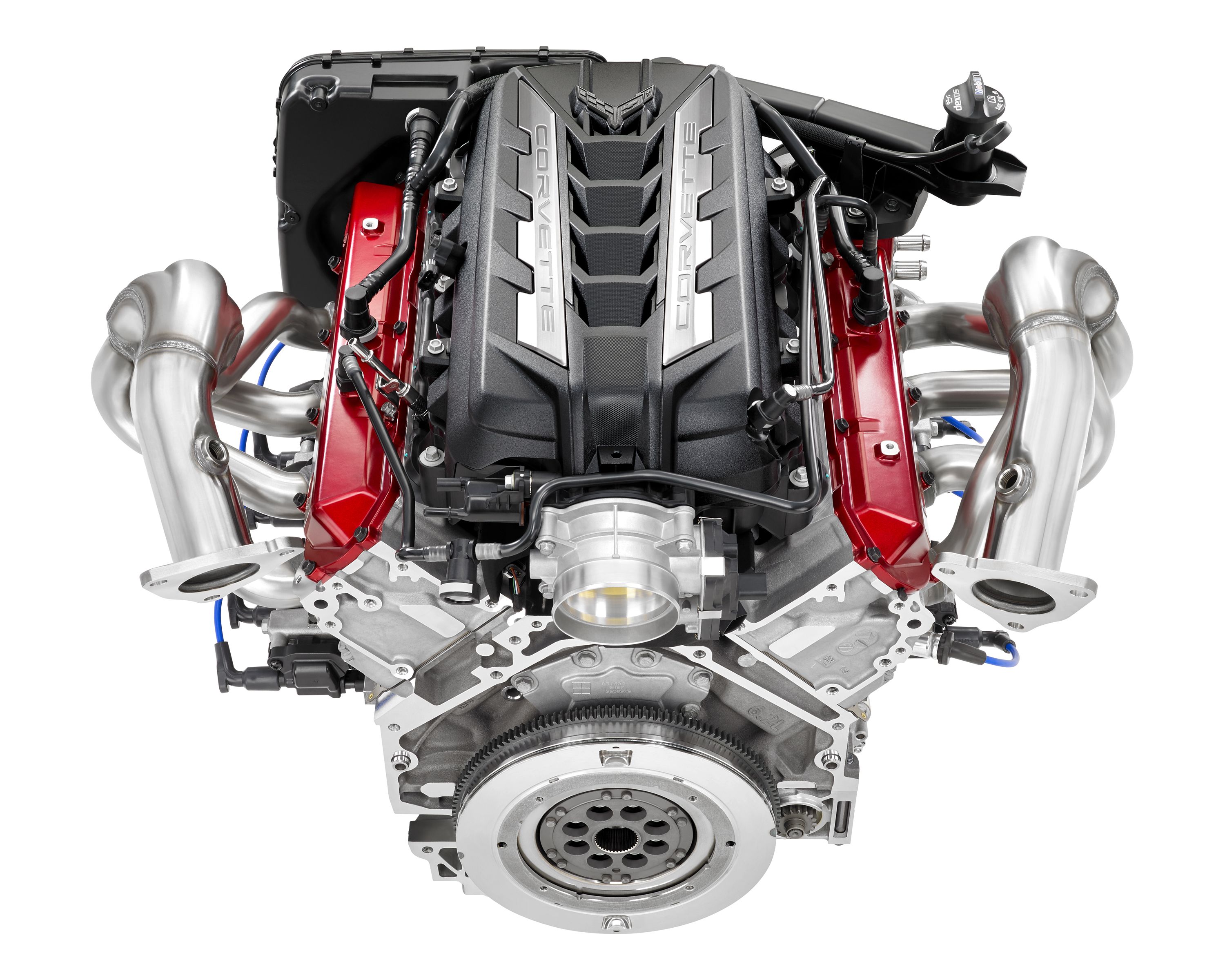A Complete Guide to Selecting the Right Engine for Your Project
Selecting the appropriate engine for your project is a crucial decision that can significantly influence its overall success. It is important to thoroughly define your project needs, evaluate efficiency demands, and consider user-friendliness together with other vital factors. Additionally, recognizing the community assistance available and scrutinizing expense effects can even more refine your choice. Each of these aspects plays a pivotal role in ensuring that your selected engine not only fulfills instant purposes yet also aligns with lasting aspirations. As we check out these considerations, you may locate that the subtleties of each element disclose greater than at first expected.
Define Your Task Needs
Defining your project needs is a crucial action in selecting the ideal engine for successful execution. A thorough understanding of your project's purposes will guide you in determining the functions and capabilities required from an engine. Begin by laying out the scope of your job, consisting of the preferred capability, target market, and the details outcomes you intend to accomplish.
Next, take into consideration the technological needs that line up with your job objectives. This includes assessing the compatibility of the engine with existing systems, along with the programming languages and structures that will be utilized. Additionally, assess the level of scalability called for to accommodate future development or changes popular.
Budget plan constraints also play a crucial function in specifying your project needs. Develop a clear monetary structure to direct your decision-making process, ensuring that the engine picked fits within your budget while providing the necessary functionality.
Evaluate Efficiency Needs

Engines that sustain horizontal scaling are usually more suitable for larger applications. In addition, review the engine's efficiency under various conditions, such as peak usage situations, to ensure it meets your dependability requirements.
Take Into Consideration Convenience of Use
While technical specs are crucial, the ease of usage of an engine can significantly affect the development process and general job success. An user-friendly interface, clear documentation, and streamlined workflows can substantially lower the understanding curve for developers, enabling them to focus on imagination and analytical as opposed to grappling with facility tools.
When reviewing an engine's simplicity of usage, take into consideration the onboarding experience. A well-structured introduction, full with tutorials and sample tasks, can help with a smoother shift for new users. Furthermore, the quality and comprehensiveness of the engine's documentation play an important role; extensive guides and API referrals can encourage developers to troubleshoot and carry out attributes efficiently.
Another facet to consider is the engine's modification capabilities. An engine that enables easy alterations can be more straightforward, as designers can customize it to fit their specific needs without substantial hassle. Lastly, evaluate the operations integration with platforms and devices you already use. A natural environment can enhance productivity and minimize friction during the advancement process. Eventually, picking an engine that focuses on simplicity of usage can lead to an extra productive and delightful development experience.
Assess Community and Support
The toughness of try this site an engine's community and assistance network can greatly influence a designer's experience and success. When assessing an engine, consider the size and activity degree of its area.
Furthermore, evaluate the schedule of official support channels. Trustworthy paperwork, responsive customer support, and routine updates are necessary for resolving technological concerns and keeping your job on track. Engines For Africa. Active neighborhoods also foster partnership, offering possibilities for networking and responses, which can be indispensable, especially for independent programmers or little teams
In addition, explore the presence of community-run occasions, such as hackathons or meetups. These gatherings can enhance your understanding of view website the engine while linking you with prospective collaborators and skilled users. In recap, a robust community and support group not just simplify growth but also develop an atmosphere helpful to learning and innovation, ultimately boosting the possibility of your task's success.
Compare Price and Licensing Choices
Budget considerations play an essential function in selecting the best engine for your job, as the price and licensing options can significantly influence both short-term expenses and long-lasting practicality. Engines For Africa. Different engines supply differing prices structures, which can consist of one-time purchase fees, registration versions, or revenue-sharing contracts based on your job's profits

Licensing alternatives likewise differ substantially. Some engines are open-source, offering versatility and community-driven assistance, while others may require exclusive licenses that restrict usage and distribution. Understanding the implications of each licensing design is crucial, as it affects ownership legal rights, future scalability, and potential legal responsibilities.
Verdict
In verdict, selecting the suitable engine for a job demands an extensive assessment of specified job requirements, efficiency demands, ease of usage, area assistance, and cost considerations. By methodically dealing with these vital aspects, decision-makers can ensure placement with both present and future link project needs. A knowledgeable choice eventually improves the possibility of job success, making it possible for efficient resource allotment and making the most of prospective end results within the specified monetary constraints.
Picking the proper engine for your job is a vital decision that can substantially influence its general success.Specifying your project needs is an essential step in selecting the appropriate engine for successful execution. A thorough understanding of your job's purposes will certainly guide you in recognizing the capacities and attributes required from an engine.When you have a clear understanding of your task requires, the next step is to examine the efficiency demands of the engine.In conclusion, choosing the appropriate engine for a task demands a complete evaluation of defined project requirements, efficiency demands, simplicity of use, neighborhood assistance, and cost considerations.